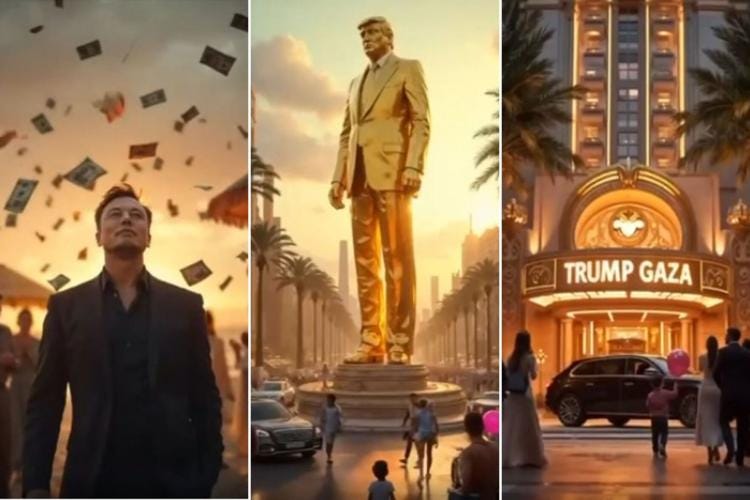Hubris
What mistakes are we making?
Many years I took part in a corporate “values exercise.” Team members were given a deck of cards, each card inscribed with a different “value.” Words like “honesty,” “hard work,” and “integrity.” Our job was to narrow down the values, isolating those few values most important to each of us.
What I found shuffling through the deck was there were a few obvious ones to throw away… cards like “fame,” “pleasure,” and “status.” There was also one single glaring omission. It’s the first card I looked for, and one that wasn’t in the deck at all. I found this a reflection of where our society is today, and what it values.
Humility is the root, mother, nurse, foundation and bond of all virtue.
-St. John Chrysostom
It wasn’t long after this exercise that Donald Trump was elected president for the first time, and the connection to the lack of a “Humility” card was not lost on me. There is perhaps no one on planet earth who, at least outwardly, reflects this value less.
What happens when humility is absent in leadership? When conviction morphs into blind certainty? The market sends signals—like a flashing red light—but those in power refuse to take note.
Despite the market sending clear messages in recent weeks that tariff threats and unpredictable trade policy are bad for business, the president persists in his efforts to radically restructure the world economy. He is not hesitating. While investors and economists are suggesting he ease off the accelerator, he pins it to the floor. In an effort to hold onto their jobs, his advisors make the media rounds, defending the indefensible.
Meanwhile, going along for the ride his sidekick Elon has decided to ignore the classic business advice that “the customer is always right,” as he responds to customer order cancellations, “Oh well.” If an executive’s job is to steward shareholder capital, perhaps getting caught up in politics at the expense of your business has the potential to be a huge mistake.
I often wonder if, in his quieter, reflective moments, President Trump wonders if he is doing the right thing. Does he stop to think about the consequences if he is wrong?
On a much smaller scale than the president, the investment decisions I make have the potential to impact the ability of people to retire comfortably, or to change the amount bequeathed to heirs, or to charities. And I spend a hell of a lot of time wondering which of my assumptions are wrong, and trying to adapt my world view to the facts I observe as they unfold.
This isn’t about politics. This is about allowing your pride to lead you over the edge into the abyss. All that we can really do is hope that his instincts are correct. I fear that they may not be.
But of course, I could be wrong.



If someone has made decisions without consequences for a long time, then I'll speculate that they may not consider consequences at all -- or they may credit or blame the wrong things as the causes of positive or negative results. I agree that humility is a valuable tool in allowing us to adjust our understanding of how the world works, even as it constantly changes.